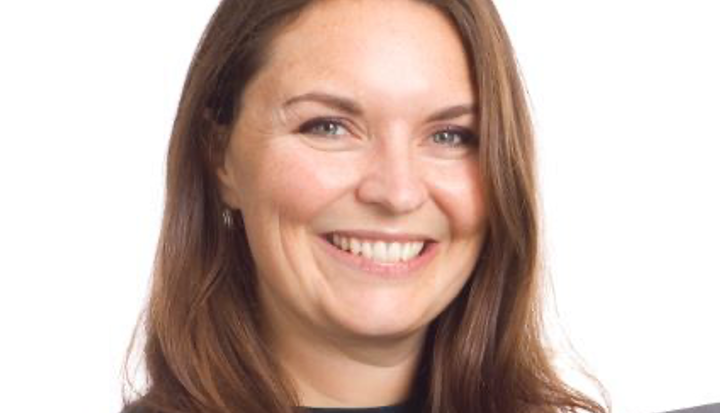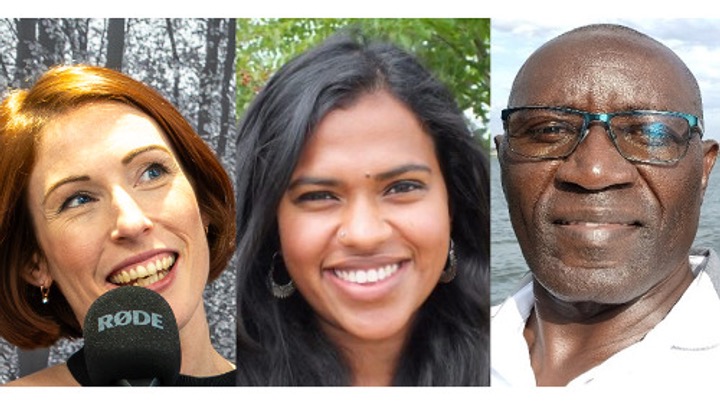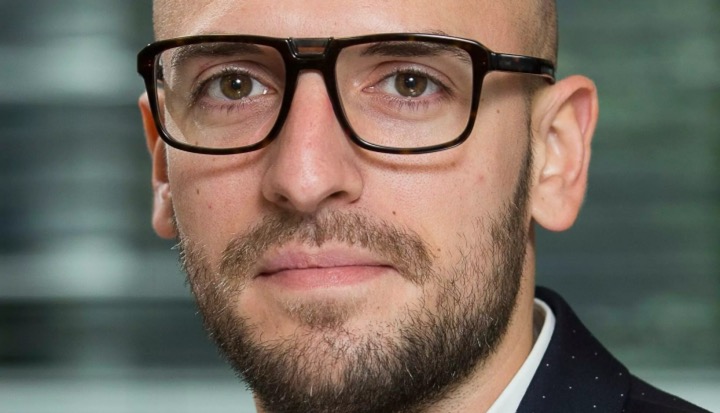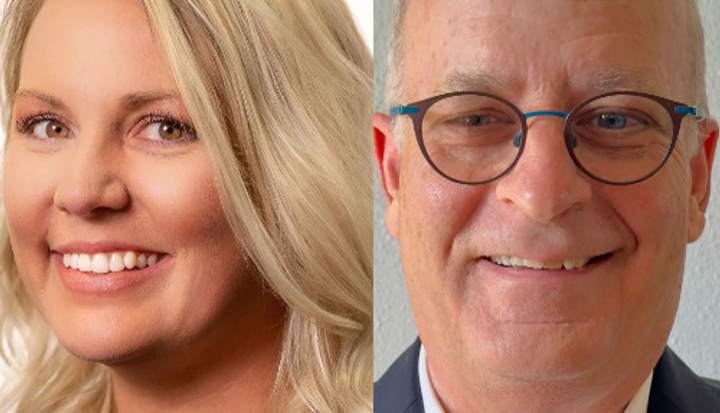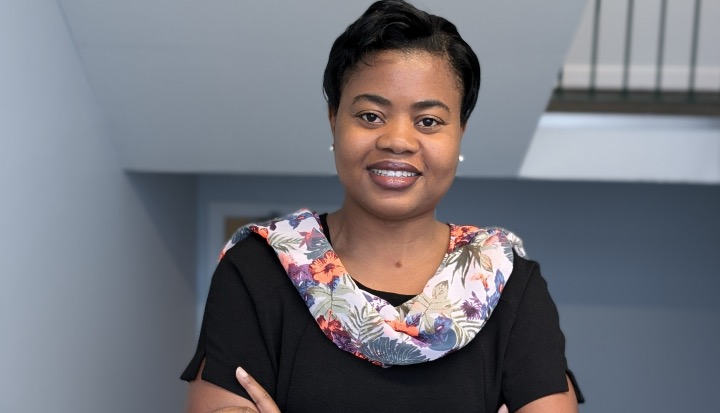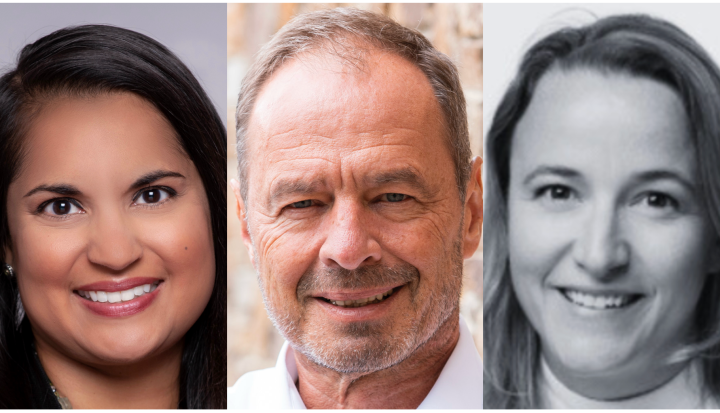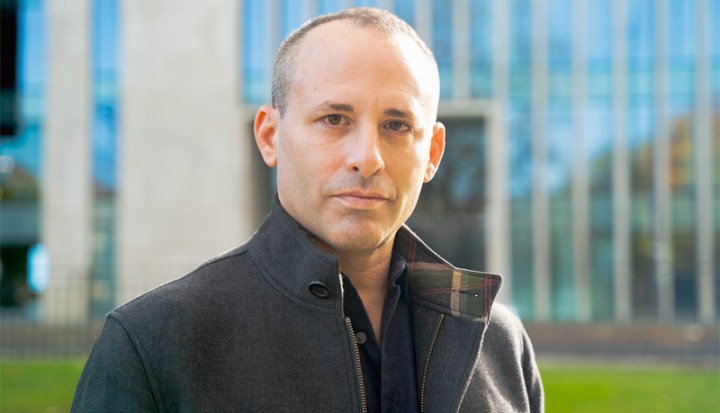BFP: What do you do?
BW: I work as public affairs specialist at Nestlé. I currently focus on our work in Creating Shared Value (CSV) and more specifically on the Nestlé Prize in Creating Shared Value.
At Nestlé, we believe that for a company to be successful over time, it needs to create value for both its shareholders and for society. This is what we call ‘Creating Shared Value’, based on the concept developed by Michael Porter and Mike Kramer. Based on strong foundations of compliance and sustainable business practices, Creating Shared Value is the basic way we do business.
Given the nature of our activities, we have identified three areas where we can specifically optimise the creation of shared value: nutrition, water and rural development. One example in the area of rural development is our efforts to link farmers and smallholders to markets through efficient supply chains. To achieve this we carry out capacity-building programmes for farmers around the world. In 2010, 144,900 farmers were trained by Nestlé’s agronomists.
In 2009, we launched the Nestlé Prize in Creating Shared Value which is awarded in alternate years and is open to not-for-profit organisations, small enterprises as well as individuals. The Prize aims at rewarding innovative, sustainable, financially-viable solutions to nutrition, water or rural development challenges in developing countries.
BFP: What is the best part about your job?
BW: There are many aspects I enjoy about my job. I work for the private sector but with a link to the not-for-profit sectors. I get to meet and interact with many different people and organisations, including NGOs, international organisations, government officials, and other businesses. Internally, I also get to work with many different departments and functions. This provides great learning opportunities and an overview of everything we do as a company.
I also enjoy the fact that I get the opportunity to communicate about our great initiatives and programmes in the area of nutrition, water and rural development. There are some very inspiring initiatives!
BFP: What has been your greatest challenge?
BW: The concept of creating shared value is not always well understood by stakeholders, although the general understanding has been improving. With the Nestlé Prize in Creating Shared Value we seek to encourage projects that apply this way of thinking. We look for innovative, replicable projects based on sound and viable business models and in need of funds to be scaled up. The objective of the investment Nestlé makes in the winning project – up to 500 000 Swiss francs – is really about helping it to scale up and to become financially sustainable over time. We find that the best projects are those that create income opportunities for their beneficiaries. This is quite different from traditional aid and development approaches. But there are some great examples of creating shared value in practice or in planning, either carried out by not-for-profit organisations or private enterprises, and we aim to incentivise development of the best examples worldwide.
BFP: How have you overcome these challenges? What has been the secret of your success?
BW: The first Prize Laureate, International Development Enterprises (IDE) Cambodia, is a great example of how the concept of creating shared value can be applied by a not-for-profit organisation. This has helped us communicate about the concept more broadly to stakeholders and potential Prize applicants.
IDE Cambodia has developed a micro-franchise model to deliver high-quality agricultural products (such as good quality seeds, fertilizer, irrigation equipment), services (collection and marketing) and technical advice to smallholder farmers through independent micro-entrepreneurs, also called farm business advisors, living in rural areas.
This innovative, market-based approach is helping small-scale farmers become more effective producers and marketers, thereby increasing their revenue, while the farm business advisors earn additional income from selling their products and services at a profit. The objective of IDE Cambodia is to spin off the franchise into a self-sustaining social enterprise.
This is a great example of creating shared value in action: the system flourishes only if there is real value being created at the farm level so everyone in the project is heavily invested in the farmers’ success.
We also find that more and more stakeholders and organisations, including multinational companies, are talking about the creating shared value concept, which I think is great. It means that more and more people recognize the positive role that the private sector can have on development.
As a company, we try to contribute to the diffusion of this concept, not only through the Prize but also through our annual Creating Shared Value Forum, which aims at providing a platform for global business leaders and other stakeholders to offer fresh thinking on how businesses, governments and not-for-profit organisations can work together to close the gap between commercial needs and development goals.
BFP: If someone wants to do what you do, where should they start?
BW: I don’t think there is a specific background required – we have very different backgrounds in the team. I think that being genuinely convinced about the significant role business can play in development is key. Also, speaking several ‘languages’, the business and development language, is definitely important.
BFP: Finally: what do you hope to get out of being part of this community?
BW: Business Fights Poverty is a great website to learn about other initiatives happening in the area of inclusive business and to connect with others working in this field. For me it is like LinkedIn but much more focused. It brings together people passionate about their work and this is very inspirational.
Thank you to Tom Rippin for taking the time to do this interview.
We’re always looking out for members to feature. Help us by taking two-minutes to update your profile, or by nominating someone for Business Fights Poverty Member of the Week.
Read previous Member of the Week interviews here.

